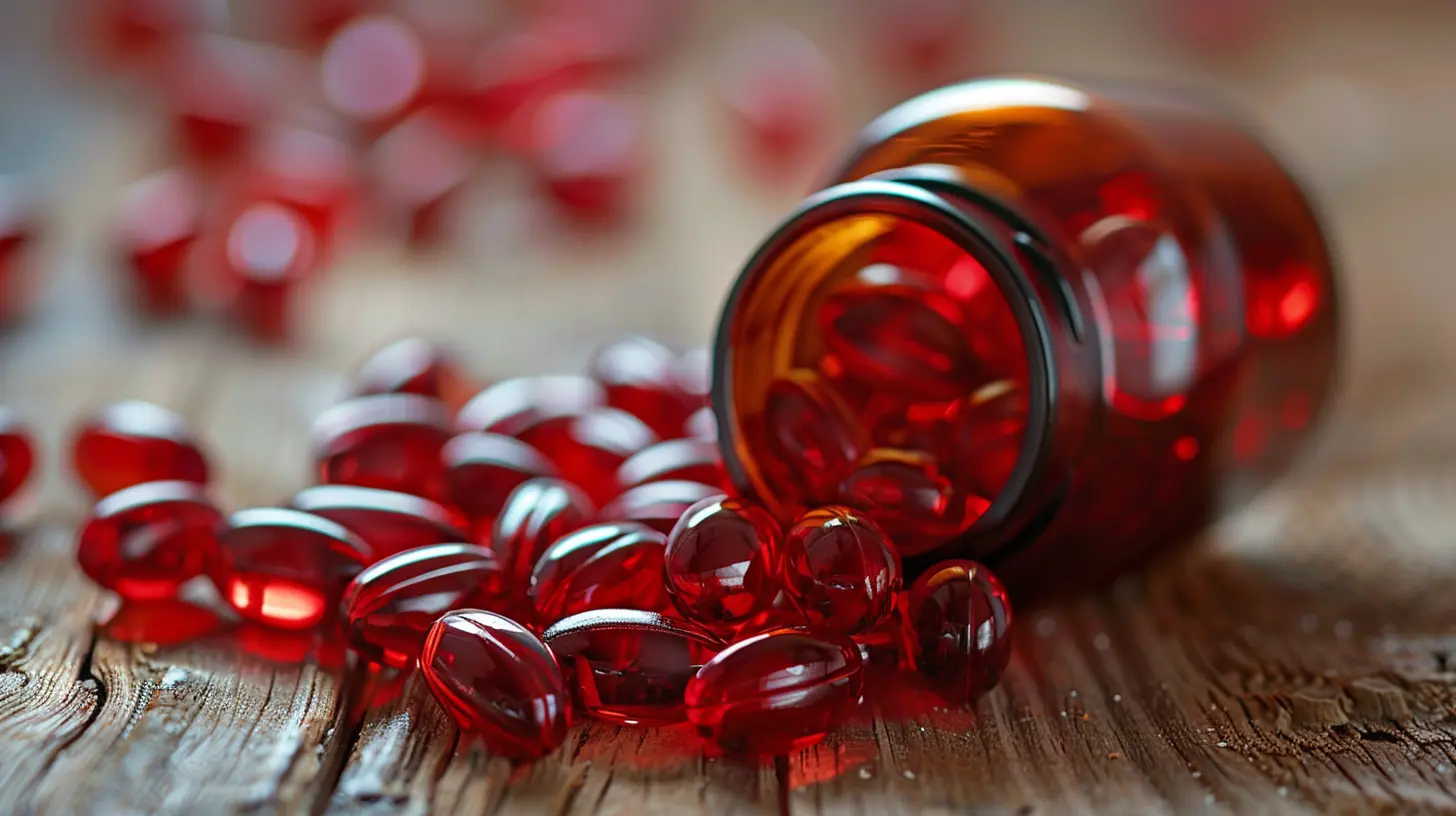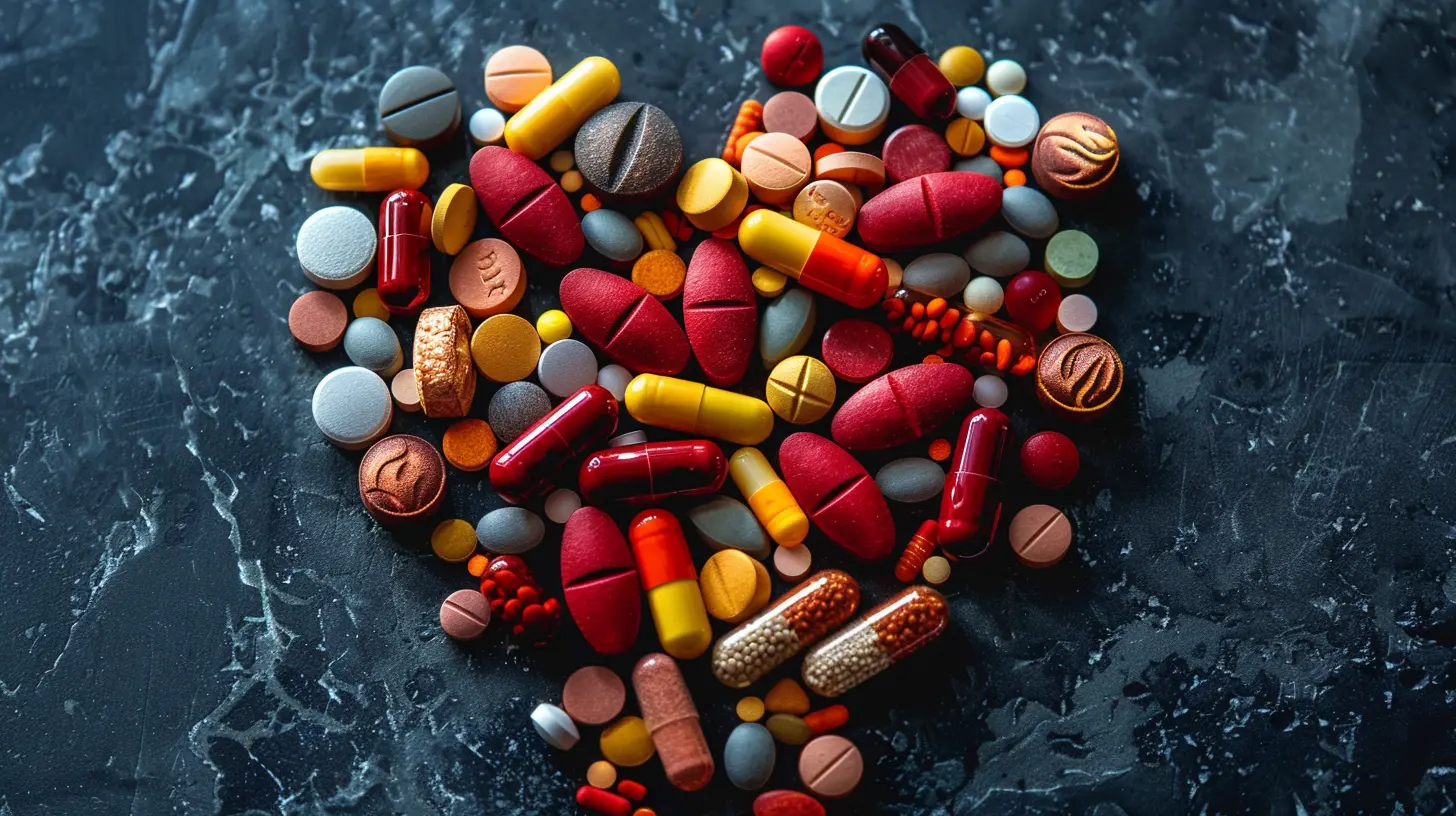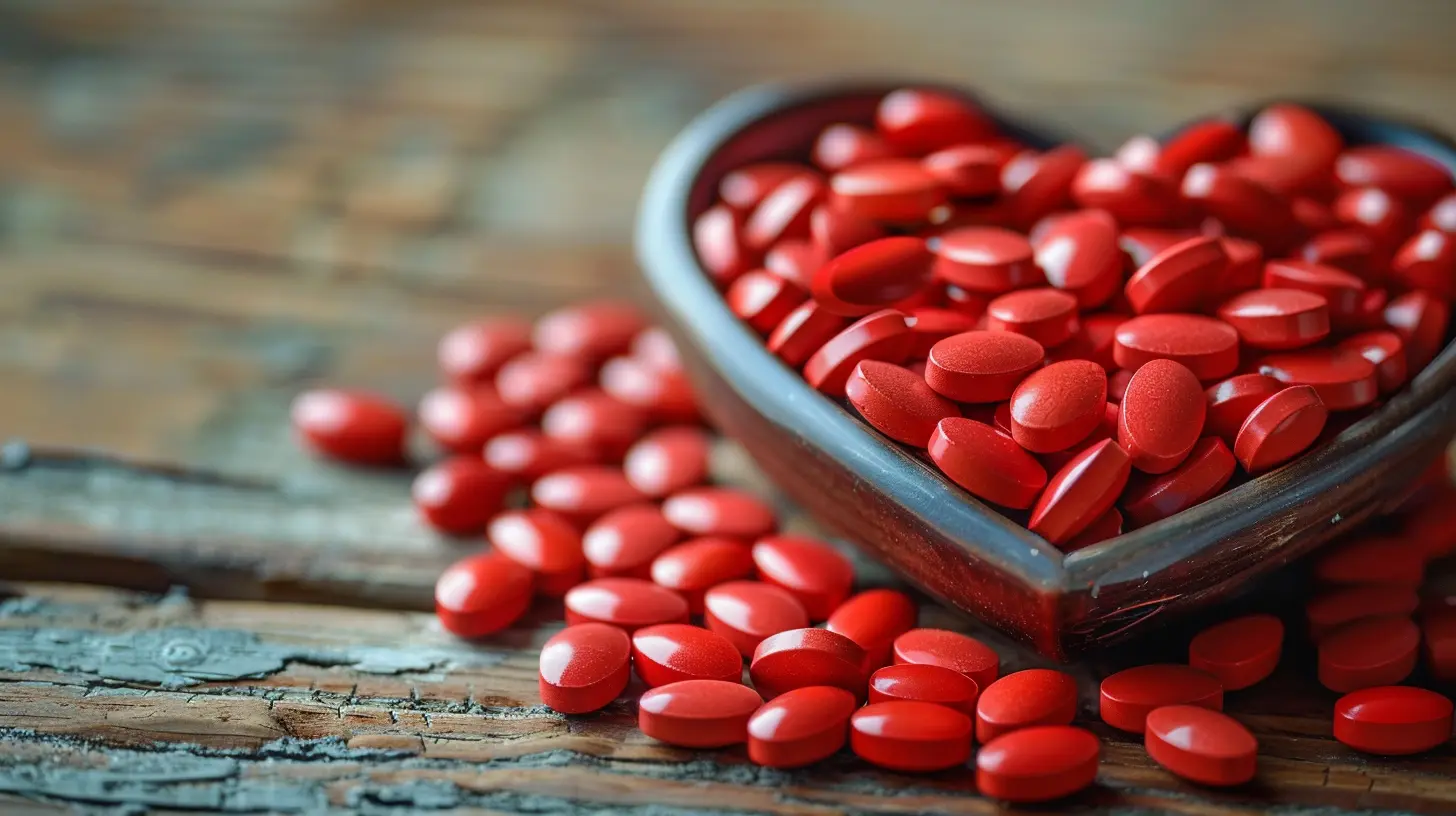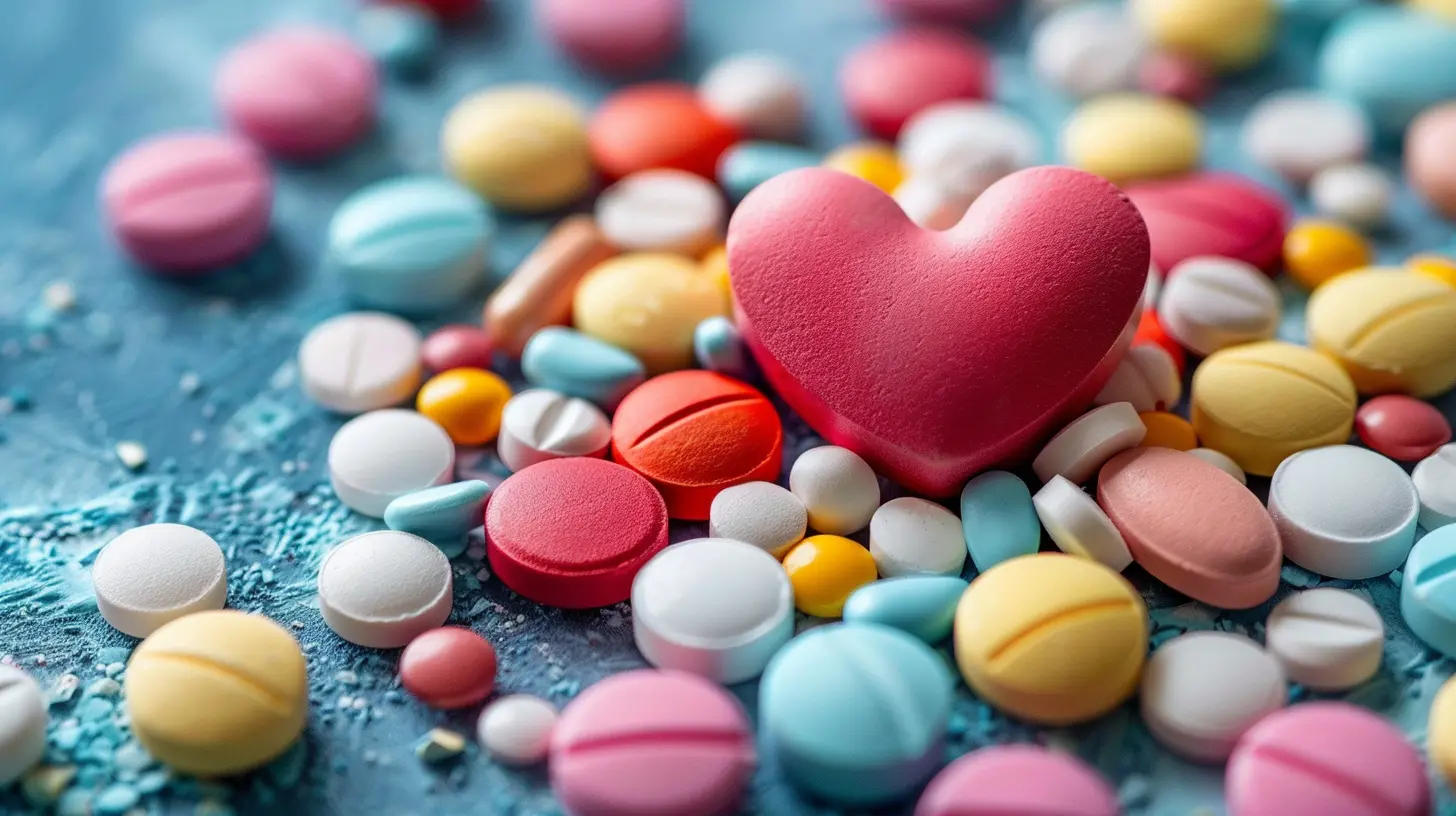The Truth About Cholesterol Medications: When Are They Necessary?
2 May 2025
Cholesterol. Just hearing the word probably makes you think of heart disease, clogged arteries, or maybe that friend who “can’t eat eggs anymore.” But is cholesterol really the enemy? And do you absolutely need medication to control it?
Let’s break it all down in plain English—no medical jargon, no scare tactics—just the real truth about cholesterol medications and when they’re actually necessary. 
What Is Cholesterol, Really?
Before we start demonizing cholesterol, let’s address the basics. Cholesterol is a waxy, fat-like substance that your body needs. Yes, needs! It plays a crucial role in making hormones, vitamin D, and even digestive substances.However, too much of the wrong kind of cholesterol can be a problem. That’s where LDL (low-density lipoprotein, aka “bad” cholesterol) and HDL (high-density lipoprotein, aka “good” cholesterol) come in.
- LDL Cholesterol (Bad) – This is the one that can build up in your arteries, causing blockages.
- HDL Cholesterol (Good) – This helps remove excess LDL from your bloodstream, keeping your heart happy.
When LDL levels get too high, it can lead to issues like heart disease, stroke, and other cardiovascular complications. But does that mean you need medication? Not necessarily. 
Cholesterol Medications: What Are They?
If you’ve ever had routine bloodwork done, your doctor might have looked at your cholesterol numbers and suggested “statins” or other cholesterol-lowering drugs. But what exactly do these medications do?Common Cholesterol Medications
- Statins (e.g., Atorvastatin, Simvastatin) – These are the most commonly prescribed and work by blocking a liver enzyme that makes cholesterol.- Ezetimibe – Lowers cholesterol by reducing absorption in the intestines.
- PCSK9 Inhibitors (e.g., Repatha, Praluent) – A newer class of drugs that significantly lower LDL, mainly for people with genetic high cholesterol.
- Bile Acid Sequestrants – Bind to bile acids in the intestines, forcing the liver to use up more cholesterol to replace them.
- Fibrates – Primarily used to lower triglycerides rather than LDL cholesterol.
Each of these medications works differently, but they all aim to reduce high levels of cholesterol to lower the risk of heart disease. 
When Are Cholesterol Medications Necessary?
So, do you actually need cholesterol medication? Not always. Here’s when they might be necessary:1. You Have a History of Heart Disease or Stroke
If you’ve already had a heart attack or stroke, your doctor will likely recommend cholesterol-lowering medication to prevent future issues. This is what’s called secondary prevention.2. Your LDL Levels Are Extremely High
A “borderline” high LDL might be manageable through lifestyle changes, but if your LDL is through the roof (think 190 mg/dL or higher), medication is usually necessary—especially if lifestyle changes alone aren’t enough.3. You Have Diabetes
Diabetes significantly increases the risk of heart disease, and cholesterol medications often form part of a diabetes treatment plan. Even if your LDL isn’t super high, diabetes itself changes how cholesterol behaves in your body, making medications a smart move.4. You Have a High Risk of Heart Disease
Even if you haven’t had a heart attack, certain risk factors—like high blood pressure, smoking, obesity, or a family history of heart disease—might push your doctor to recommend medication to lower your overall risk.
Do You Always Need Medication for High Cholesterol?
Nope! Many people can manage their cholesterol levels naturally through diet, exercise, and lifestyle changes. Doctors often use the "risk-based approach", meaning they look at all your risk factors (not cholesterol levels alone) before recommending medication.If your risk of heart disease is low, your doctor may suggest trying natural approaches before jumping straight to meds.
Ways to Lower Cholesterol Naturally
If medication isn't a must for you, you can still make a significant impact on your cholesterol with a few lifestyle tweaks.1. Eat Heart-Healthy Foods
- Increase Fiber Intake – Foods like oats, beans, and lentils help lower LDL.- Eat Healthy Fats – Swap out saturated fats (fried foods, processed meats) for healthier ones like avocados, nuts, and olive oil.
- Add More Omega-3s – Fatty fish like salmon and tuna can boost heart health.
2. Get Moving
Exercise raises HDL (the good cholesterol) and helps lower LDL. Aim for at least 150 minutes of moderate exercise per week—walking, jogging, cycling, or even dancing counts!3. Lose Extra Weight
Even shedding just 5-10% of your body weight can help improve cholesterol levels.4. Quit Smoking and Limit Alcohol
Smoking lowers HDL and damages blood vessels, while too much alcohol can raise cholesterol levels. Cutting back on both can work wonders for your heart.5. Reduce Stress
Believe it or not, chronic stress can mess with cholesterol levels. Activities like meditation, yoga, or just getting enough sleep can help.The Downsides of Cholesterol Medications
While cholesterol medications can be lifesaving, they aren’t without their cons:- Muscle Pain and Weakness – A common side effect of statins.
- Liver Damage (Rare) – Some cholesterol meds can impact liver function.
- Digestive Issues – Nausea, diarrhea, or constipation can occur.
- Memory Issues (Debated) – Some people report trouble with memory or concentration while on statins, though studies are mixed.
This isn’t to scare you, but it’s essential to weigh the risks vs. benefits with your doctor before committing to long-term medication.
So, Should You Take Cholesterol Medication?
If you’re at high risk for heart disease, have diabetes, or have dangerously high cholesterol, medication might be a wise choice. But if you’re only slightly above normal levels and have no major risk factors, lifestyle changes could be the better route.The decision should be a conversation between you and your doctor—not just a knee-jerk reaction to a high cholesterol test.
Final Thoughts
Cholesterol meds can be lifesaving for some, but unnecessary for others. It's all about context—your overall health, risk factors, and alternatives.At the end of the day, your heart health is in your hands. If you can manage cholesterol naturally, that’s great! If medication is needed, that’s okay too. The key is to make informed choices instead of blindly popping pills.
So, next time someone warns you about cholesterol, you’ll know the truth—cholesterol isn’t the villain, and medications aren’t always the hero. Sometimes, the best approach is simply a balanced lifestyle with a heart-smart mindset.
all images in this post were generated using AI tools
Category:
CholesterolAuthor:

Jackson Mahoney
Discussion
rate this article
5 comments
Jacqueline Bowman
Thank you for this insightful article! It's essential for patients to understand when cholesterol medications are truly needed.
May 13, 2025 at 4:23 AM

Jackson Mahoney
Thank you for your feedback! I'm glad you found the article helpful in understanding the role of cholesterol medications.
Nymira McDermott
Cholesterol medications are crucial when lifestyle changes alone aren't enough for heart health.
May 6, 2025 at 2:52 PM

Jackson Mahoney
Absolutely, cholesterol medications can play a vital role in managing heart health, especially when lifestyle changes fall short. They can provide essential support to reduce cardiovascular risks.
Layla McGuffey
Cholesterol medications can be crucial for many individuals at risk of heart disease. However, lifestyle changes should always be prioritized first. It’s essential to consult with a healthcare provider to determine the best approach for individual health needs.
May 5, 2025 at 3:26 AM

Jackson Mahoney
Thank you for your insightful comment! I completely agree that while cholesterol medications can be vital for some, prioritizing lifestyle changes and consulting with a healthcare provider is key to personalized care.
Oscar Morrow
Great insights! It's essential to understand that cholesterol medications can be a lifeline for many. Empowering readers with knowledge helps them make informed decisions about their health. Stay proactive and always consult your doctor for personalized advice!
May 3, 2025 at 4:46 AM

Jackson Mahoney
Thank you! I completely agree—empowering readers with accurate information is vital for making informed health choices. Always consult your doctor for personalized guidance.
Roman McTier
This article effectively clarifies the role of cholesterol medications, emphasizing the importance of personalized treatment plans. Understanding when they're necessary can empower patients to make informed health decisions.
May 2, 2025 at 2:45 PM

Jackson Mahoney
Thank you for your feedback! I'm glad you found the article helpful in highlighting the importance of personalized treatment plans for cholesterol management.




